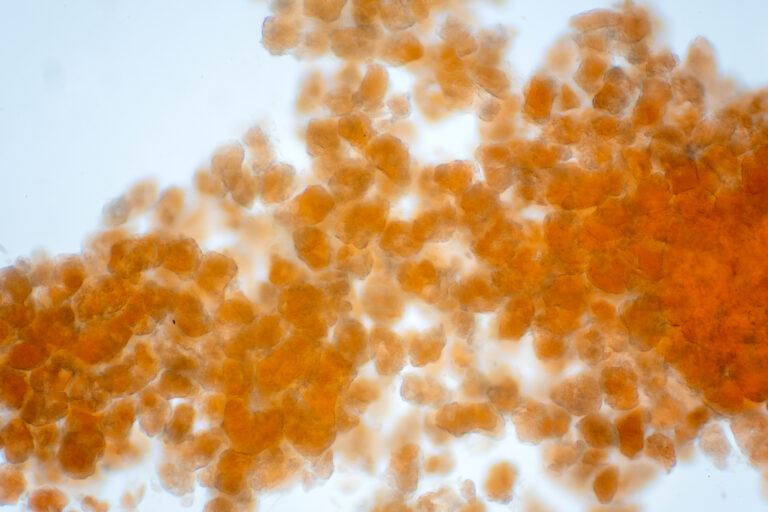For decades, scientists, nutritionists and health care providers have believed that fat cells were just passive blobs that hung out in places we don’t want it and did nothing more than to store energy. They also believed it wore down the body by placing a burden on it with the extra weight. New research forced them to alter their view of fat when it was found that fat is extraordinarily dynamic, very complex and influences a staggering array of crucial body functions.
It turns out that fat actually has multiple roles in healthy metabolism and is now classified as the largest endocrine organ, akin to the thyroid and adrenal glands. According to Roger Unger, an obesity researcher at the University of Texas Southwestern Medical Center. “[Fat cells] were always thought to be poor, dumb sacks of lard. It turns out that they end up being very talented, very versatile, very important players.” Fat cells continuously dispatch dozens of potent chemical signals to a variety of tissues throughout the body, including the brain, liver, muscles, reproductive organs and immune system, directing and orchestrating a lot of activities. It can support or damp down the immune system, cause blood vessels to constrict and raise blood pressure, directs how, when and where the body’s energy supply is stored and how and when it is mobilized. Fat cells also tell the body when it has sufficient stores to allow for reproduction.
“In the old days, people used to think fat tissue was a passive organ,” said Rexford S. Ahima, an endocrinologist at the University of Pennsylvania. “Now it’s obvious that it makes and secretes more hormones and proteins than probably any other. It’s at the center of a very complex system. It coordinates how much we eat, how much energy we burn, how the immune system works, how we reproduce. The list goes on.”
“Many people think your brain controls your fat,” said Gokhan S. Hotamisligil, a professor of genetics and metabolism at the Harvard School of Public Health. “We promote the idea that your fat controls your brain.”
Stephanie Seneff, PhD a Senior Research Scientist at MIT says that “obesity is in many cases a consequence of the excessive need for fat cells to store critical nutrients that are inadequately supplied through nutrition. The fat cells themselves release signals that are transmitted through the blood to the appetite control center to cause the person to overeat. One of the critical deficient nutrients is fat itself…” Of course this “new” discovery has the drug companies hopping, looking for the next best drug to alter the function of some of the chemical messengers that fat is responsible for such as leptin, adiponectin and resistin, in their goal to reduce obesity. However, there is much we can do personally to improve the condition of our largest endocrine organ (fat). Doing that could not only help reduce obesity, but also support a healthy immune response, making us more resistant to diseases, reduce cardiovascular disease, improve blood sugar response and many other health challenges.
©2011 Holly A. Carling, O.M.D., L.Ac., Ph.D.







